How to Become a Ski Instructor
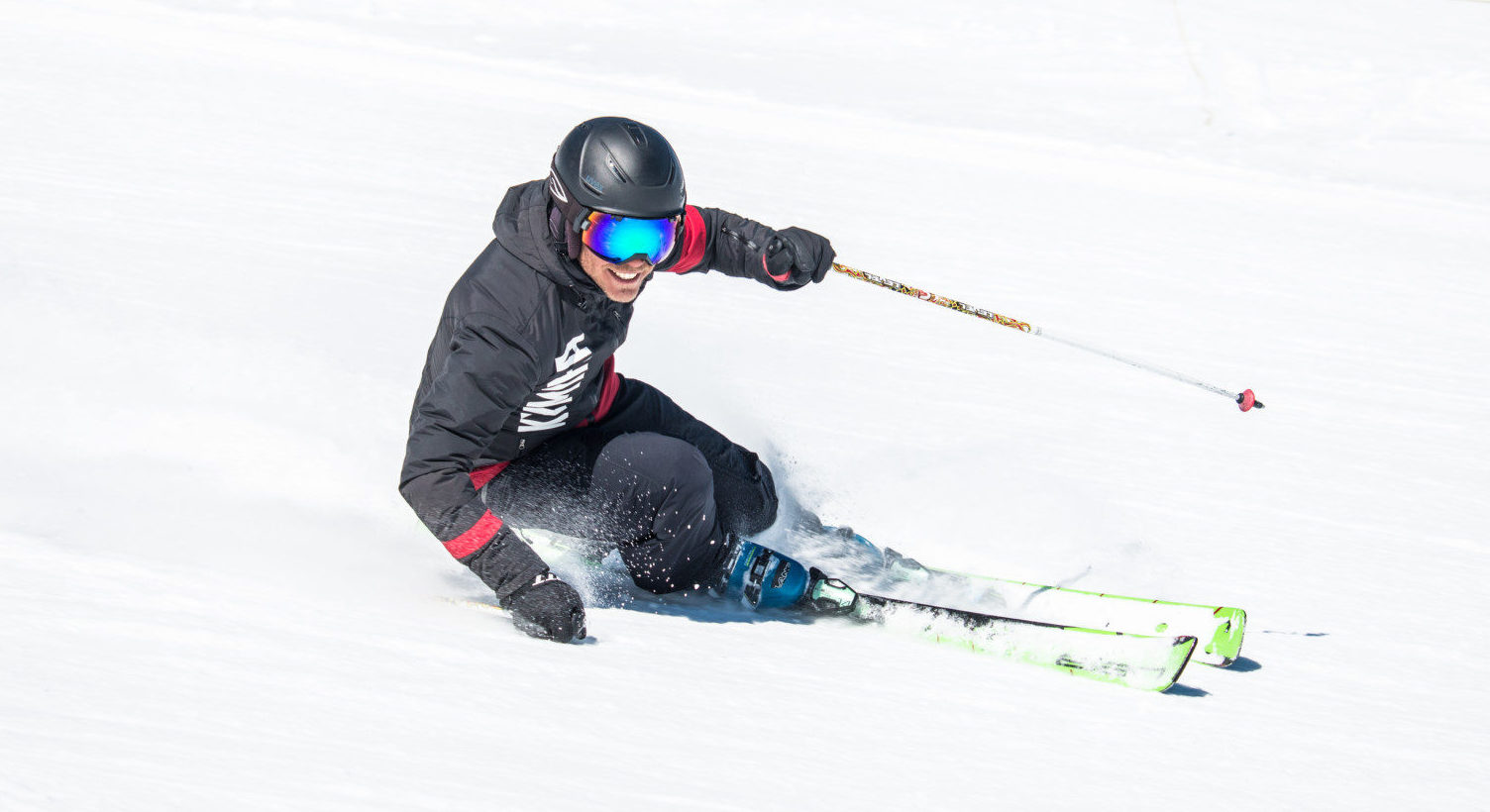
How to become a ski instructor
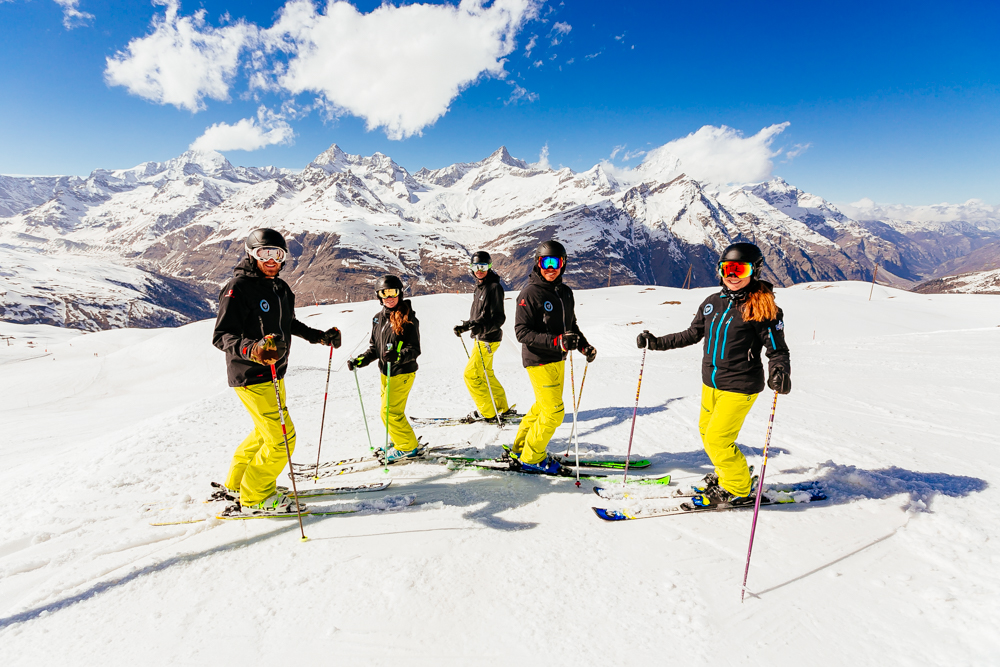
If you are in Europe and you would like to become a ski instructor there are different options to chose between.
Pretty much every nation in the EU has a national ski instructors association that releases qualifications internationally recognized.
Level 1 and 2
Generally speaking the majority of education systems will have 3 or 4 levels of qualification. 
The first level is the entry gate to the pathway, and will generally enable you to teach indoor or under the direct supervision of an established ski school. The second level is another step ahead in the education system (and in the exams and criteria) will enable you to work outdoor but with some limits on who you can teach (beginners and intermediate skiers).
Gaining a wide teaching experience and keeping it up to date later on is what can make the difference between a good lesson and a bad one.
The earlier you start increasing your knowledge and teaching experience, the better it will be for your career.
Level 3 and 4
The third and fourth level of the education systems are generally more internationally recognized and should make finding jobs a little easier.
Of course with that comes a higher expectations from the employer and higher standards in the exams of the education system itself. Exams will become more variegated, with modules on:
- Second Discipline (telemark, cross country, snowboard and in some cases, adaptive)
- Mountain Safety courses
- Freestyle/Racing modules
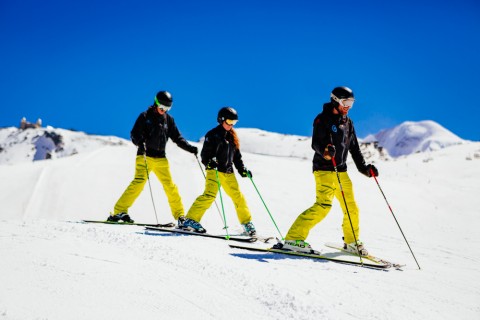
- Second Language test
- written tests and theory courses/exams
- On Snow Technical and Teaching exams.
The last level generally includes racing, usually a Giant Slalom, with openers that set the passing time (Euro-test or ISIA-test). The European Union has legislated, for the first time in history, over the profession of ski instructors and their qualification equivalents.
From May 2019 all instructors must, in order to complete the education pathway, successfully pass the Common Training Test. We have reported about this on a dedicated article here.
ISIA is the International body that regulates all the associated national educational systems. The ISIA standard is usually achieved at the 3rd level of the pathway. You can find out more about the ISIA role in our dedicated article here, as well as read the interview series to the President and Vice Presidents of the Association on our dedicated blog section.
Entry Tests
Most of the national education systems in Europe are based on this multi-level qualification pathway, without a barrier test to join.
The two exceptions are the AMSI, represting the Italian education system and the ESF, representing the French education system. Joining the pathway of these countries requires a Eurotest (GS race) or Test Technique (SL race).
Nationalities and Languages
While traditionally each national system would have participants from almost solely the country of origin, in the last 15 years a lot has changed and it is now common to have mixed group of nationalities within a certain national education system.
The reasons for this are varied:
A large amount of people can now speak a second language, enabling them to travel and access education courses only available abroad.
Sometimes the lifestyle and the quality of life is better in a foreign country than the homeland, pushing individuals to move and attend courses in the hosting area.
To this day the most part of national educational system run their courses and exams in the language of origin.
The Alpine nations have a range of languages for their exams:
- Switzerland (SSSA) has probably the biggest choice of languages, running their courses in: Italian, French and German
- Slovenia (SLOSKI) takes second place with course in both Slovenian and Italian
- Austria (OSSV) and Germany (DSLV) run their courses in German
- France and Italy run theirs respectively in French and Italian.
English Speaking Associations in Europe
For those interested in attending courses in English the choice nowadays is wider that it use to be.
- Since 1988 the Irish Association of Ski Instructors (IASI) has been running educational courses.
IASI has been fairly small in the first few years of its life but in the last 10 it’s been growing steadily and is widely recognised. Today IASI is the only English speaking association recognized by the EU and ISIA.
Courses are running all year round in the Alps and artificial slopes of Ireland and UK. In the Alps, the hosting nations for their courses are France, Italy, Switzerland and Austria. Finland Spain are also home to some level 1 and 2 courses. - The British Association of Ski Instructors (BASI), runs courses since 1967. BASI run courses now across the Alps from November to May. The main hosting nations for their courses being Switzerland, France and Austria.
- The Canadian Ski Instructor Alliance (CSIA) has been providing courses in Europe for the last 20 odd years. CSIA is well recognized by European countries and courses are held all winter long in Andorra (Spain). The limit of CSIA in Europe is that you can’t become a fully certified instructor. Courses run fully until the level III but to become a level IV (full cert) you will need to travel to Canada and attend the last exams there.
English Speaking Associations in the World
Beside these European Associations and CSIA based in both Andorra and Canada, there are also other English speaking such as:
Qualifications gained with these associations can be, in some cases, transferred across into an European association. This process in normally regulated by mutual relationships established by the different bodies. Up until today the most chances to see these qualifications recognized in Europe is probably through IASI, who has been actively working towards these kind of operations.
Some associations may also ask a fee to process the certifications from other systems.
Conclusions
As you can see, there is a good variety of options to become a ski instructor.
What you need to ask yourself before starting is which motivations are pushing you!
If you love teaching, passing on knowledge, enjoy the company of people from different cultures, countries and background… and you love mountains… Then you should definitely become a ski instructor!
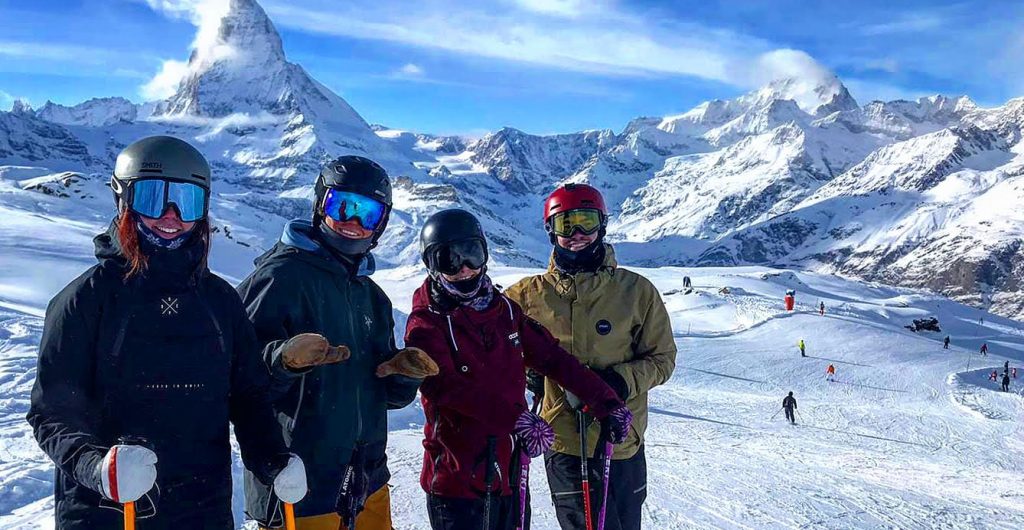
Are you keen to become a ski instructor and don’t know where to start?
Visit our course page to find out how we run our courses!
We specialize in ski instructor training with programmes to take you from level 1 all the way up to level 4:
- Autumn Level 1 & 2 Course to become a ski instructor
- ISIA Level 3 Course for already qualified ski instructors
- Level 4 Course for navigated snowsport professionals
- Race Training as well as the Full Focus: our one to one coaching course
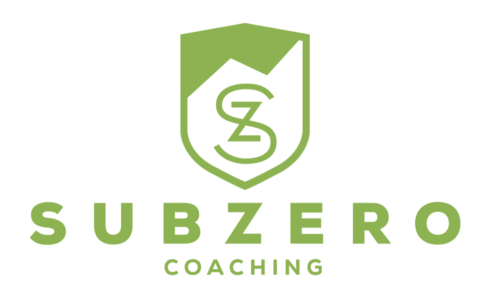
Become a Ski Instructor Zermatt – Subzero Coaching